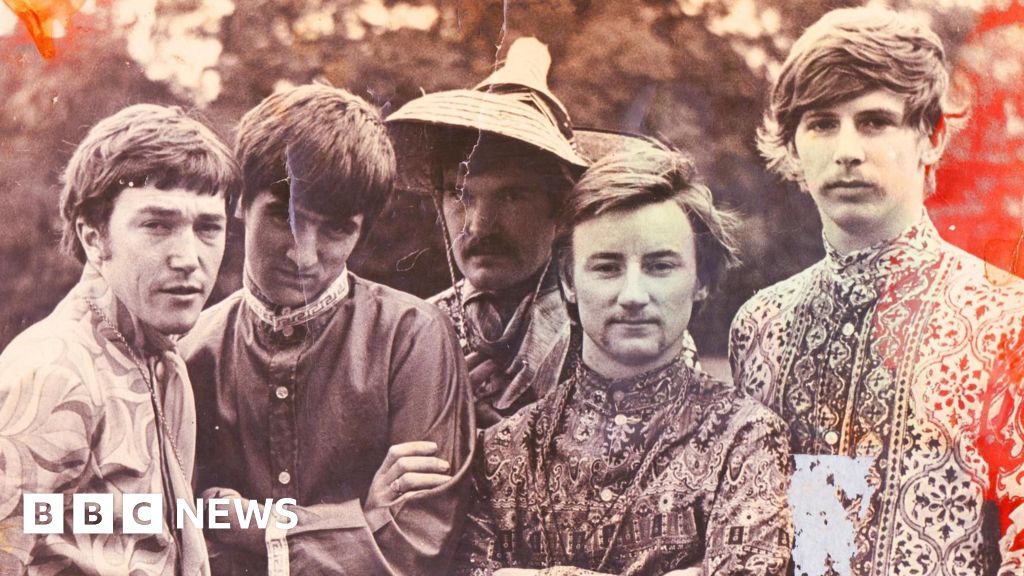A Band’s MusicRediscovered After Decades
A band from the 1960s has finally released an album after their music was accidentally discovered by a producer. The band, called Genesis, was founded in 1966 by five friends from Luton, including Snip Turner, Mick Loughton, Chris Stokes, Jock Carleton, and Siggi Holmes. They are not to be confused with the well-known progressive rock band of the same name, which featured Phil Collins and Peter Gabriel.
The Accidental Discovery
The discovery of the band’s music was a happy accident. Chris Stokes, now 80 years old, had sold an electric piano on Ebay, and included some sound clips in the listing. The piano was purchased by music producer Will Twynham, who was immediately struck by the quality of the music. Will, who goes by the name Dimorphodons, said: "I saw the Ebay listing for the old Hohner Electric Piano, and it stopped me in my tracks. The song was great, and when I heard it was from the 60s and 70s, I knew it was unknown."
A Treasure Trove of Unpublished Music
After meeting Chris, Will was amazed to hear that there were eight more tracks recorded between 1964 and 1974. He said: "I couldn’t believe that this quantity and quality of music had remained unpublished for so long, and I immediately decided to correct the situation." Will has since released some of the material on his record label, Hand of Glory.
The Band’s History
The band was originally called Genesis, but they didn’t register the name and had folded by the time the more famous Genesis rose to fame. Chris said that the only connection between the two bands was through record producer Jonathan King, who had led a band called Hedgehoppers Anonymous and had been supported by Chris’s band. Jonathan King later became the first manager of the more famous Genesis.
Luton’s Vibrant Music Scene
The band formed in 1966, and included two workers from the Vauxhall factory. They rehearsed and started playing in the local church, and instead of just playing covers, they wanted to write and record their own music. Chris said: "We came up with this thing over a period of three months. We were throwing around in the dark, we didn’t know what the hell we were doing. It was nothing like we’d heard any other pop group do."
A Chance Encounter with Jethro Tull
The band managed to record one afternoon in a new studio in King Street, which was run by a man with a reel-to-reel tape recorder. Chris remembers meeting another band who were rehearsing for an appearance – it was Ian Anderson, Clive Bunker, and Mick Abrahams, who would later become Jethro Tull. At the time, Luton was a vibrant place for music, with both Luton and the surrounding area hosting huge international acts.
The Music Lives On
Chris said that the remaining band members "think it’s crazy" that their music is being released. "They’re slightly amused that someone’s taken an interest. It appeals to the inner ego that someone finally heard the nonsense that I wrote 40 to 50 years ago and thinks it has value." Will believes that the music was waiting to be discovered, and that it has a unique sound that blends different styles from the era. Chris concludes: "I’ve often described my life as a series of happy accidents, and this is just another one. It’s a fun old thing."

